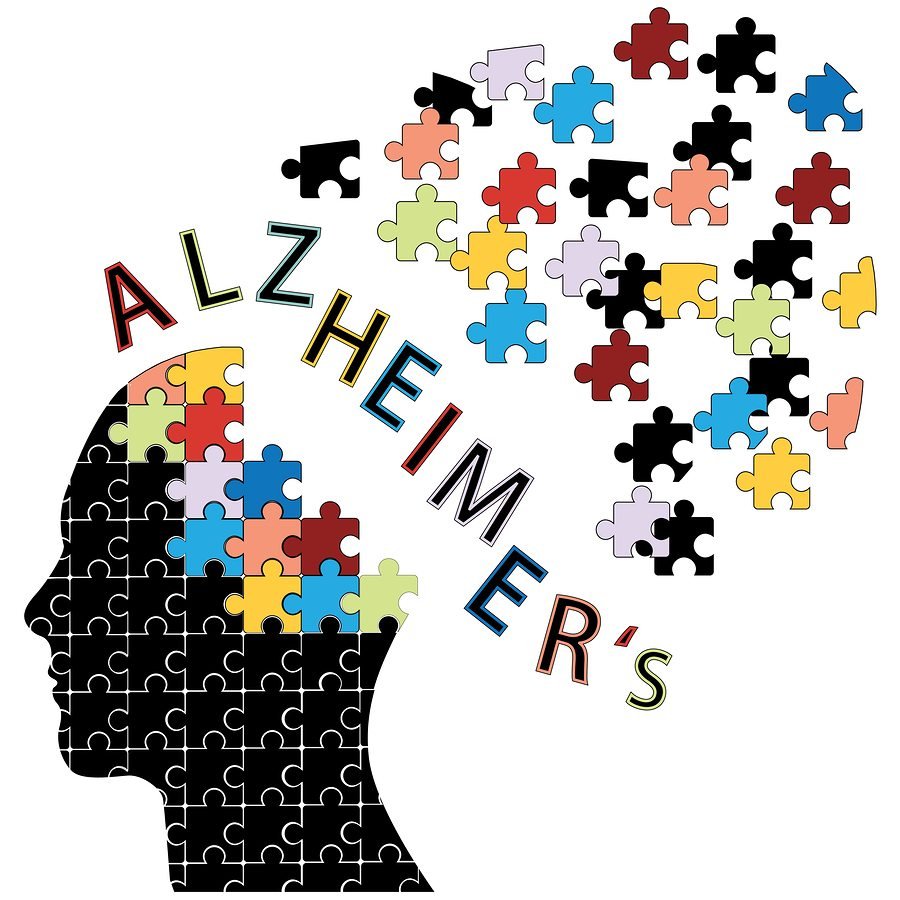AI can guess Alzheimer’s risk 5 Years in advance
October 10, 2018 | Wednesday | News
“Our AI methodology could have significant implications as a 'doctor's assistant' that would help stream people onto the right pathway for treatment"
Researchers from the University of Toronto have designed an algorithm that learns signatures from magnetic resonance imaging (MRI), genetics, and clinical data.
The research titled Modeling and Prediction of Clinical Symptom Trajectories in Alzheimer’s Disease Using Longitudinal Data uses artificial intelligence algorithm which can accurately predict whether a person’s cognitive decline will lead to Alzheimer’s disease in the next five years or not.
The research by Indian-origin scientists Nikhil Bhagwat, M Mallar Chakravarty, and Joseph D Viviano and Aristotle N Voineskos, talks about their AI methodology could work symbiotically as a “doctor’s assistant”.
"At the moment, there are limited ways to treat Alzheimer's and the best evidence we have is for prevention. Our AI methodology could have significant implications as a 'doctor's assistant' that would help stream people onto the right pathway for treatment," said Mallar Chakravarty, an assistant professor in McGill University in Canada.
For example, one could even initiate lifestyle changes that may delay the beginning stages of Alzheimer's or even prevent it altogether," said Chakravarty.
The researchers trained their algorithms using data from more than 800 people ranging from normal healthy seniors to those experiencing mild cognitive impairment, and Alzheimer’s disease patients.










